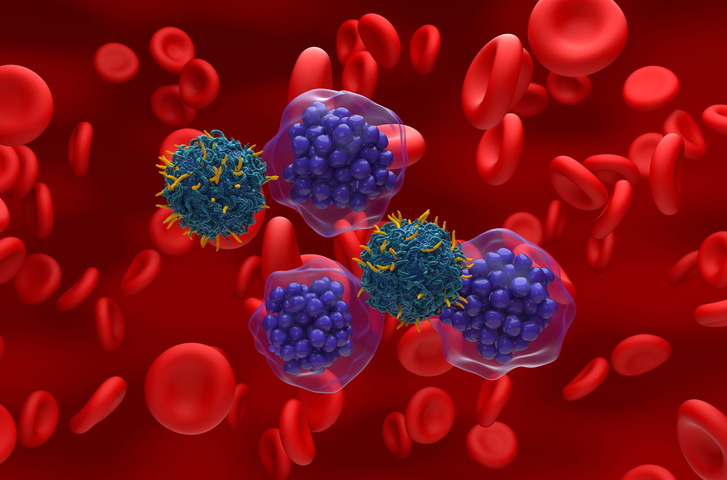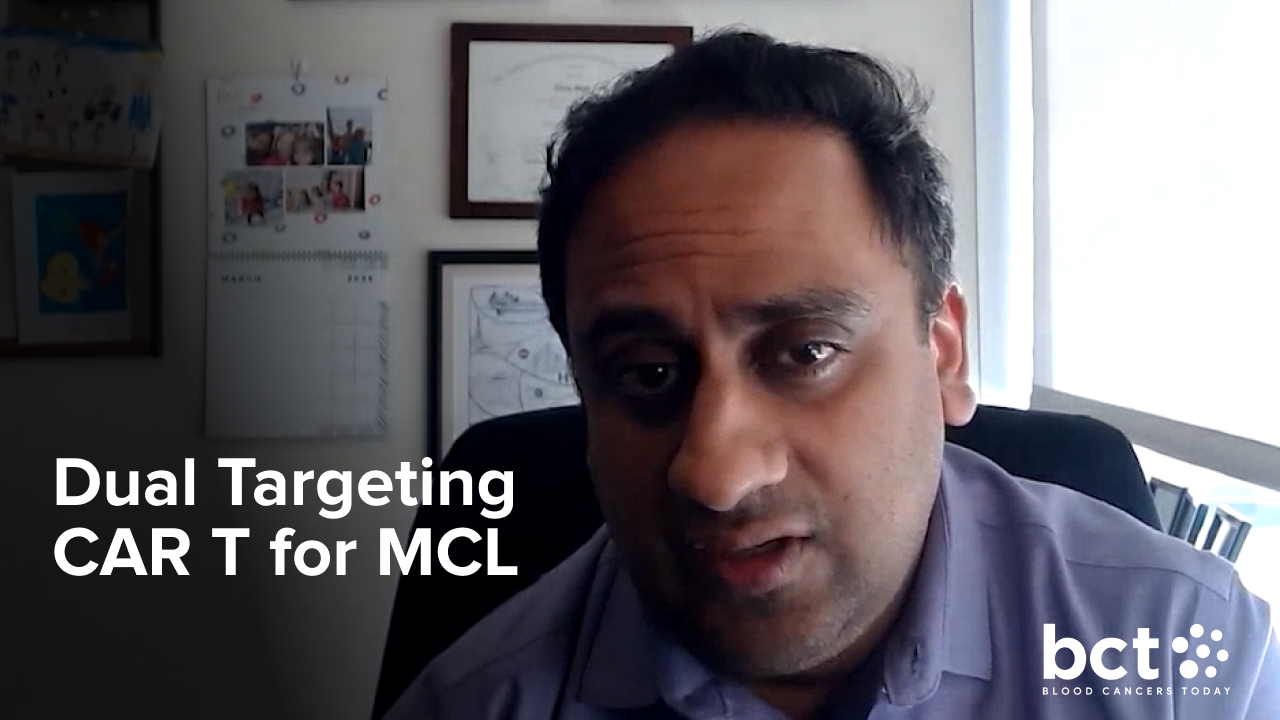
An analysis of mantle cell lymphoma (MCL) tissue biopsies suggested that an immune-depleted tumor microenvironment (TME) is associated with poor outcomes and resistance to Bruton’s tyrosine kinase inhibitor (BTKi).
The study was published in Blood Cancer Journal and led by first author, Preetesh Jain, MD, PhD, of the University of Texas MD Anderson Cancer Center in Texas.
In the research paper, the authors found that overexpression of the OXPHOS, MYC, and PI3K/AKT/m-TOR pathways and somatic mutations in TP53, KMT2D, NSD2, SMARCA4, CCND1, TRAFF2, NFKBIE are associated with resistance to BTKi therapy.
The researchers conducted whole exome (WES) and RNA sequencing to identify TME gene cluster subtypes, then assessed survival and treatment outcomes based on TME subtypes. They ultimately established four MCL TME subtypes with distinct tumor-immune cell gene signatures: normal lymph node-like (LN), immune cell-enriched or “hot” (IE), mesenchymal (M), and immune-depleted or “cold” (D).
The LN subtype had enriched components of normal lymph nodes, including “stroma-rich” CD4+ T-cells, follicular dendritic cells, T-follicular helper cells, and lymphatic endothelium. Further, the IE subtype showed overexpression of immune and checkpoint molecules with low stromal expression; the M subtype showed increased stromal signature and tumor-promoting cytokines; and the D subtype showed the highest content of malignant B cells.
Notably, the D and M TME subtypes had lower expression of immune checkpoint genes compared with the IE subtype, and the D TME group had a significantly overexpressed tumor proliferation rate signature. Tissue type differences did not appear to influence TME variability. PI3K pathway genes were overexpressed in the D subtype, while JAK-STAT, MAPK, and p53 genes were downregulated. Similarly, Ki-67% in tissue samples showed a linear correlation with proliferation rate signature genes and was significantly overexpressed in the D group (P=.002).
Tumor fraction was highest in the D subtype (P<.05), and somatic mutations previously observed in ibrutinib-resistant and refractory high-risk MCL were predominant in the D group. The D group also had a significantly greater proportion of patients with primary and acquired resistance (P=.004) compared with the N and IE groups. Lastly, the D TME group had worse overall survival compared with other subtypes (P=.001).
Dr. Jain and colleagues took their findings to suggest “that the TME has a prominent role in mediating response to BTKi,” though they noted that “the immunosuppressive TME in MCL requires further investigation to understand drug resistance.”
Reference
Jain P, Nomie K, Kotlov N, et al. Immune-depleted tumor microenvironment is associated with poor outcomes and BTK inhibitor resistance in mantle cell lymphoma. Blood Cancer J. 2023;13(1):156. Published 2023 Oct 12. doi:10.1038/s41408-023-00927-2
Related: Brexu-cel Has ‘Substantial’ Benefit Over SOC in Relapsed or Refractory MCL Post-BTKi Therapy






 © 2025 Mashup Media, LLC, a Formedics Property. All Rights Reserved.
© 2025 Mashup Media, LLC, a Formedics Property. All Rights Reserved.